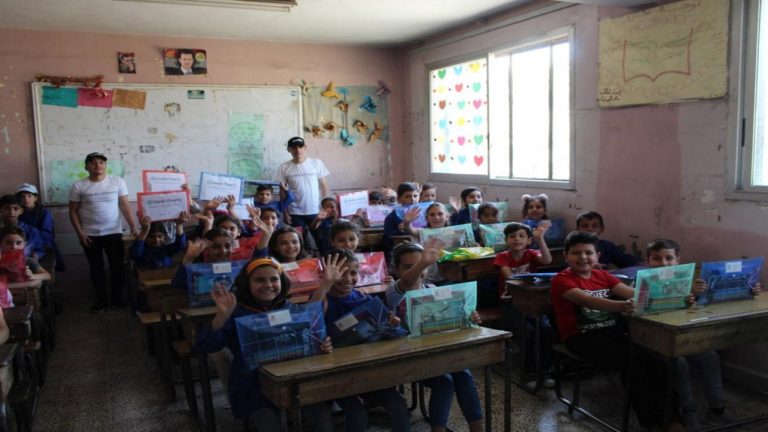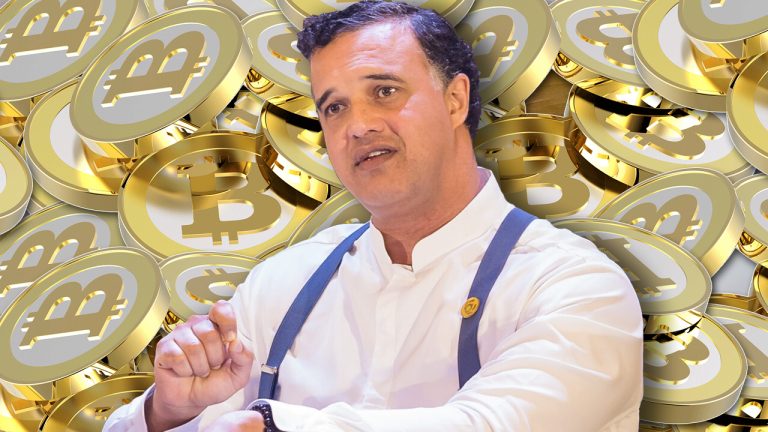
Bitcoin has a marketing problem, but journalist and BTC evangelist Joe Hall is doing his best to fix it.
“Bitcoin has such a marketing problem.”
At least, that’s what came to mind for Bitcoin (BTC) advocate and Cointelegraph reporter Joe Hall when he was asked about the weaknesses and strengths of the popular cryptocurrency.
While not labeling himself a “Bitcoin maximalist,” Hall believes that most people — including crypto OGs — are shockingly unaware of what Bitcoin can do; and for this reason, he questions the necessity and future of most altcoin projects.
“They’re doing it with imperfect solutions that in the long term will rug-pull them or close enough to that. Because, let’s be honest, all of these crypto projects eventually collapse into Bitcoin, or they eventually collapse full stop. I mean, we saw enough of that last year. And, you know, in 10, 15, 20, maybe 40 years’ time, will Bitcoin still be running? 1,000%. Will Ethereum still be running? Question marks. And will the other 20-ish thousand crypto projects still be going strong? I’m pretty confident they won’t be.”
Hall proved his point by asking co-hosts Jonathan DeYoung and Ray Salmond to open up their Bitcoin Lightning wallets to accept the equivalent of $5 in satoshis. And after DeYoung downloaded the wallet and received the payment, both co-hosts were astonished at the speed of the transaction.
On Episode 13 of The Agenda podcast, Salmond and DeYoung spoke with Hall about his views on Bitcoin adoption and its “marketing problem,” his ultimate vision of how Bitcoin could eventually conquer the financial world, and how his experience as a Bitcoin evangelist has connected him with people all around the world.

It’s more than just money
Hall believes that Bitcoin is more than just money: It’s a revolution, a lifestyle, a binder of people and a builder of community.
Hall said:
“Bitcoin, to me, in my own words: It’s an expression of how we approach the world, I guess. I mean, it’s had an impact on me, in terms of my approach to people, to different cultures and in the way in which I interact with people — despite the fact that it is just a bunch of code on a screen. And because it’s rewired the way in which I look at the world and consider things, it’s taught me to be more skeptical and to not take things at face value. But it’s also delivered a lot of hope and a lot of sort of meaning to my existence that perhaps wasn’t there previously.”
Hall has elected to only live off Bitcoin for day-to-day expenses, excluding when he has to pay European Union taxes. As to why he is such a strong believer in the digital currency, Hall shared, “We can’t live in a world that is governed by growth at all costs when we have one finite, very precious planet.”
“Bitcoin, for me, it appeals to me because of the way that it flips that all on its head. You know, we have a deflationary currency, there’s only going to be 21 million, and we can rebuild our economic system off that in a way that raises all boats, not just the elite few. And it tackles things like the wealth gap and wealth inequality. It tackles things like the environment and the way in which, you know, Bitcoin mining could be this transition to using more and more renewable energies.”
To hear more from Hall’s conversation with The Agenda — including Hall’s future vision for Bitcoin and his fascination with the Lightning Network — listen to the full episode on Cointelegraph’s Podcasts page, Apple Podcasts or Spotify. And don’t forget to check out Cointelegraph’s full lineup of other shows!
Magazine: Building community resilience to crises through mutual aid and Web3
This article is for general information purposes and is not intended to be and should not be taken as legal or investment advice. The views, thoughts, and opinions expressed here are the author’s alone and do not necessarily reflect or represent the views and opinions of Cointelegraph.











